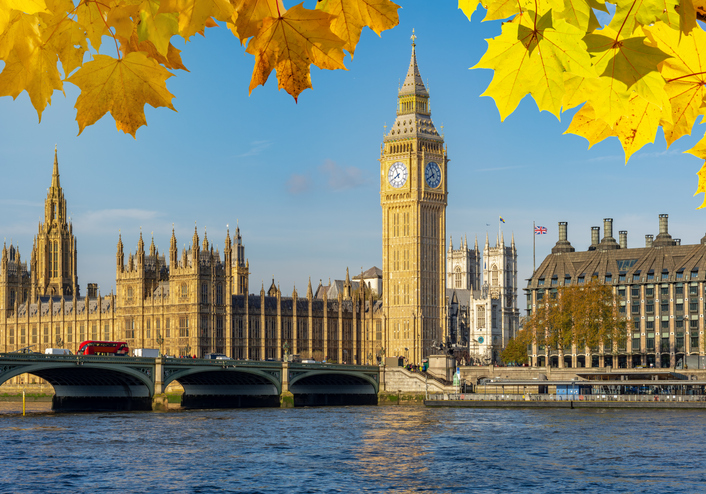Minimum wage increases, a rise in employer national insurance contributions, increases in funding to tackle retail crime, a vaping tax and a business rates discount reduction are among the economic policies impacting retailers announced in the Autumn Budget.
With tax rises of £40bn, Labour’s first Budget for 14 years involved making “difficult decisions”, Reeves warned, before announcing spending cuts and additional costs to workers and employers.
Employer National Insurance
Employer National Insurance contributions will rise, from 13.8% to 15%. In addition, the threshold at which businesses start paying National Insurance on a worker’s earnings will be lowered from £9,100 to £5,000.
The move will raise £25bn, Reeves said, adding that this “is a difficult choice” which she does “not take lightly”.
However, to ‘help smaller business’, Reeves said she is increasing Employment Allowance from £5,000 to £10,500. The chancellor said this will mean 865,000 employers won’t pay any National Insurance at all next year.
She added over one million employers will pay the same or less as they did previously.
National Living Wage
The National Living Wage increases will see wage rises of up to 18%, effective from 1 April 2025.
Those aged 18-20 receive a 16.3% increase, from £8.60 to £10 an hour. Under-18s and apprentices will see a bigger wage increase of 18%, from £6.40 to £7.55.
The chancellor had already confirmed that the National Living Wage will be increased by 6.7% to £12.21 an hour for over-21s. Labour has pledged that it will soon remove the ‘discriminatory’ age bands so all 18+ workers are paid the same rate – “a single adult rate phased in over time…a Labour policy to protect working people,” she said.
Retail crime
In more positive news for retailers, Reeves announced funding to “crack down on organised crime” and “stop shoplifting in its tracks”.
She said: “We are taking action to deal with the sharp rise in shoplifting we have seen in recent years. Having listened closely to the British Retail Consortium and the Union of Shop, Distributive and Allied Workers (USDAW), I am providing additional funding to crack down on the organised crime which targets retailers and to provide more training to our police officers and retailers to stop shoplifting in its tracks.”
However, there are concerns the sentencing and rehabilitation of criminals will continue to not be prioritised, as a 2% cut across all government departments will impact the Ministry of Justice.
Government considers boosting vape tax in Autumn Budget
Vaping tax
Reeves said the government will renew the tobacco duty escalator, which means that taxes will rise by the Retail Price Index (RPI) measure of inflation, as well as by 2%.
In addition, she will increase duty by 10% on hand-rolled tobacco this year, introduce a flat-rate duty on all vaping liquid from October 2026, and a one-off increase in tobacco duty “to maintain the incentive to give up smoking”.
Earlier this month, the government introduced fresh legislation to ban the sale of disposable vapes by June 2025.
Business rates
The current 75% discount to business rates – due to expire in April 2025 – will be replaced by a discount of 40% – up to a maximum discount of £110k.
It still means that many businesses will see their business rates nearly double (rather than quadruple).
Post Office Horizon scandal
Post Office Horizon scandal victims will be compensated, Reeves announced, with £1.8bn set aside to do this. She added that the previous Conservative government failed to budget for this.
Brian Smith, a postmaster of Freefield Post Office, Lerwick, Shetland, lost £20,000 in the Horizon scandal.
He said the government putting money aside is “absolutely fantastic”.
Fuel duty
A fuel duty increase was also announced, which will especially benefits retailers who offer home delivery to customers.
The duty would have risen to 7p per litre, but Reeves will freeze it to maintain the existing 5p cut for another year. There will be no higher taxes at the petrol pumps next year, she added.
Inflation
On inflation, Reeves said the Office for Budget Responsibility (OBR) reported that CPI inflation will average 2.5% this year, 2.6% in 2025, then 2.3% in 2026, 2.1% in 2027, 2.1% in 2028 and 2.0% in 2029.
“This Budget will permanently increase the supply capacity of the economy, boosting long-term growth,” she said.
Read more politics news and articles for retailers



Comments
This article doesn't have any comments yet, be the first!